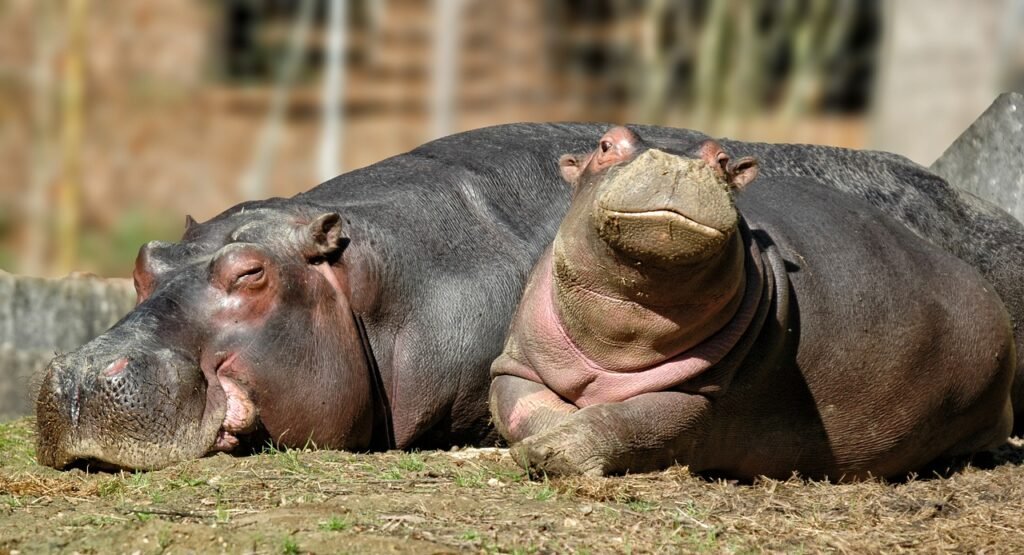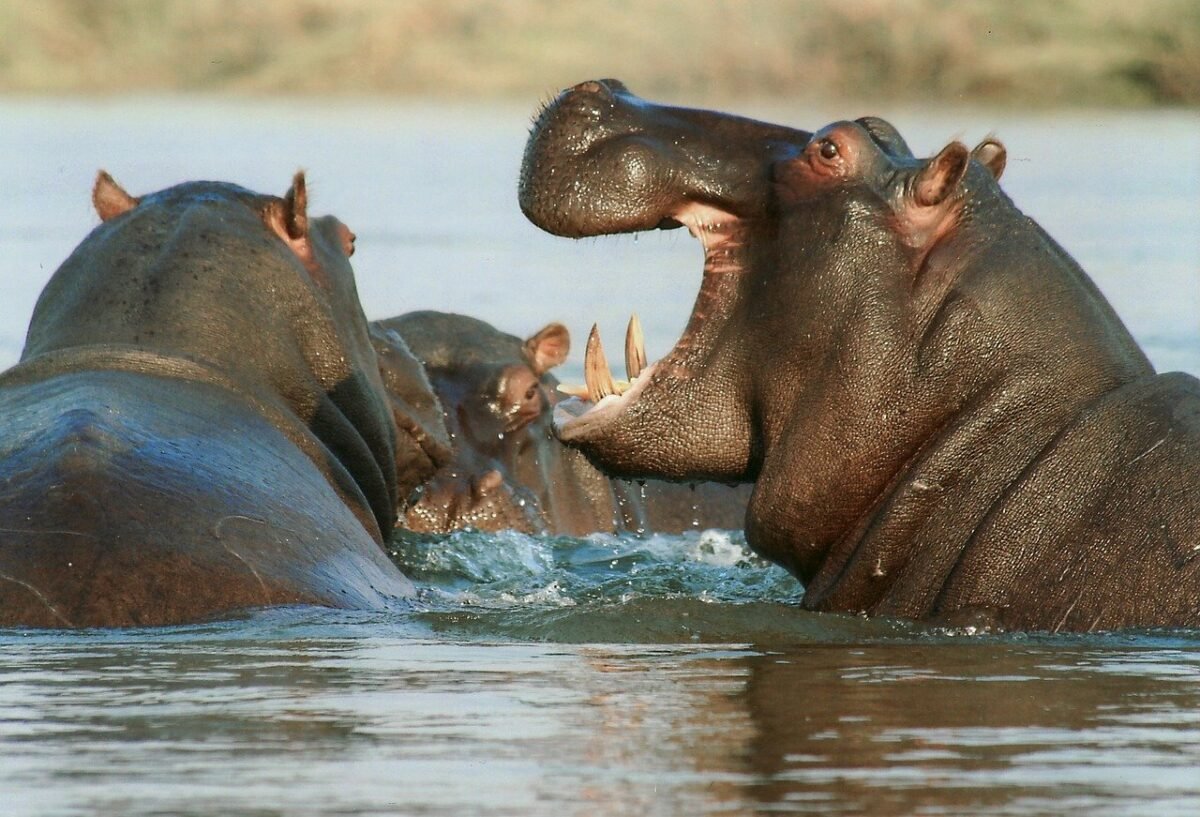Is it time to allow a little disorder in nature?
You cannot get a more obvious and intrusive alien invasive species running wild in a foreign land than hippos. In the normal course of events such a situation could not happen but in the case of the infamous drug lord Pablo Escobar’s and his hippos in Colombia, it did, and it is now causing scientists consternation and disagreement.
Pablo Escobar managed to import legally and illegally a whole private zoo at his Hacienda Napoles from all parts of the world in the 1980’s and these included four illegally imported hippos. How its possible to smuggle such large animals into a country is another matter, but there were also giraffes, elephants, kangaroos and many other species.
“one of the greatest challenges of invasive species in the world”.
When Pablo Escobar was killed in 1993 many animals were left to fend for themselves including the hippos who took up residence in a local river and in the space of thirty years have increased their numbers to a staggering 80-100. Some university study groups and scientists have wildly estimated that there could be as many as 1,500 by 2035 if the Colombian government do not act now.
The hippos themselves seem well suited to their new found environment and have pulled off a wonderful breeding achievement perhaps proving that you do not necessarily need human intervention to breed animals. But many scientists and conservationists hate invasive species and prefer everything to remain as nature intended all in its right order and place. This is because in some circumstances they eradicate indigenous animals and plants and ruin ecosystems and biodiversity and usually the knee jerk reaction is always to kill the offenders.

Protected by the Government.
There have been attempts to neuter them but with so many this is now proving impractical. Unusually in this kind of scenario the hippos are presently protected by the Colombian government. This is mainly due to the fact that it is difficult and expensive to relocate them and more importantly the locals love them and do not want them killed. They are also boosting the local tourist economy, and no one so far has been seriously injured or killed so at the moment they are free to roam.
Now they are established leave them be.
One has to wonder why there wasn’t earlier intervention to remove them before their numbers got out of control and why wildlife rescue, university study groups and scientists didn’t step in sooner. Now that they are established it seems only fair to leave them be and the colony could prove useful in the future with the way things are in Africa . There are many studies in progress to monitor them so there could be many lessons to be learned from leaving other animals in similar situations to survive without our intervention.
Invasive species are a worldwide problem mainly caused as always by the hand of humans abandoning exotic pets or historically introducing them to benefit human occupation. In Australia and New Zealand it is feral cats and dogs, in Europe it is animals like the coypu. The USA has problems with animals like crocodiles, turtles and snakes and in the UK it is grey squirrels, mink and ruddy ducks.
We blame invasive species for all sorts of things which is a tad rich when you consider the major invasive species at work on the planet has always been homo sapiens, who wherever they have decided to take up residence have irreparably destroyed the local biodiversity and continue to do so. Perhaps it is time for us to allow a bit of disorder in nature if it helps animals.
